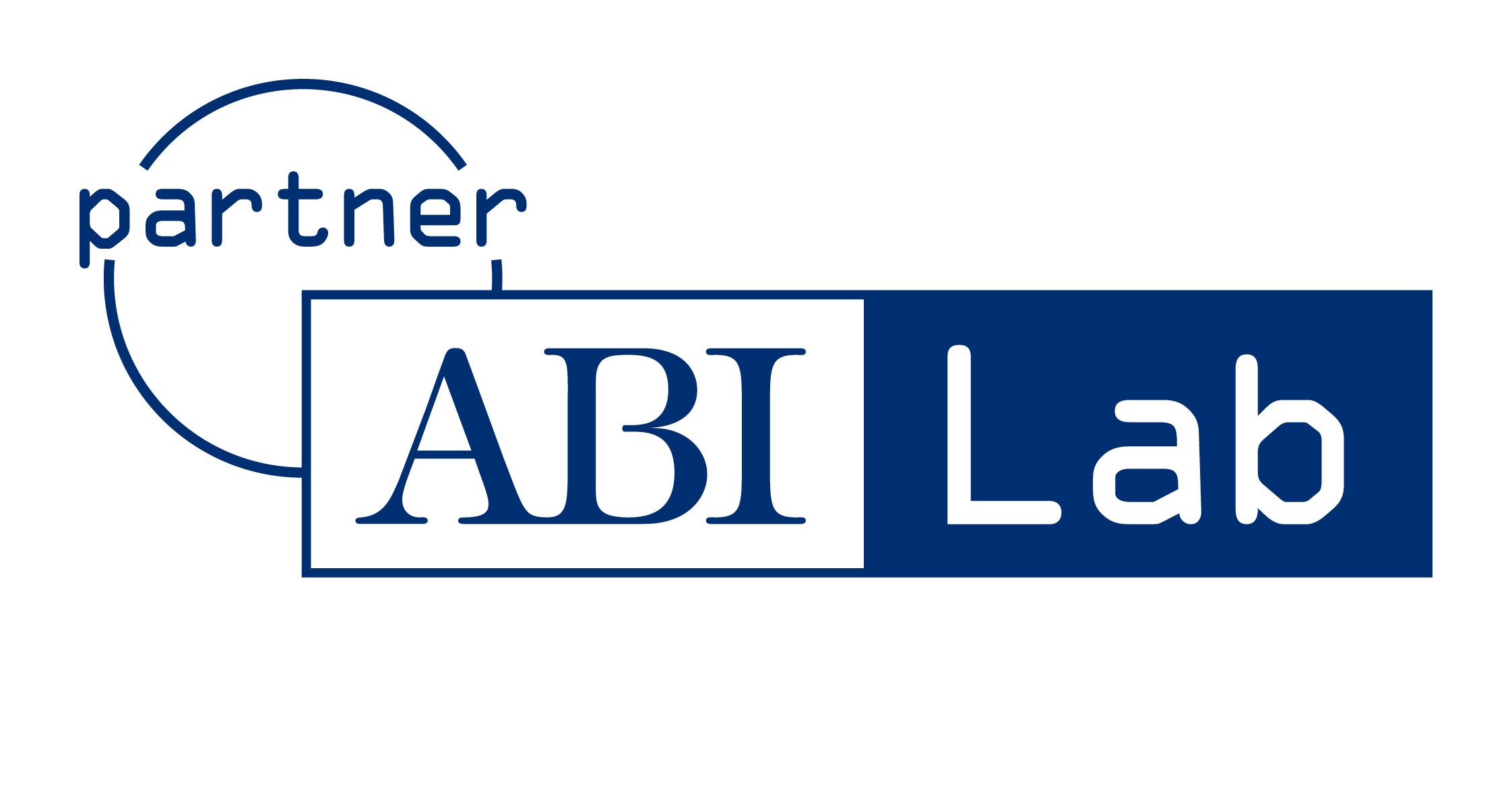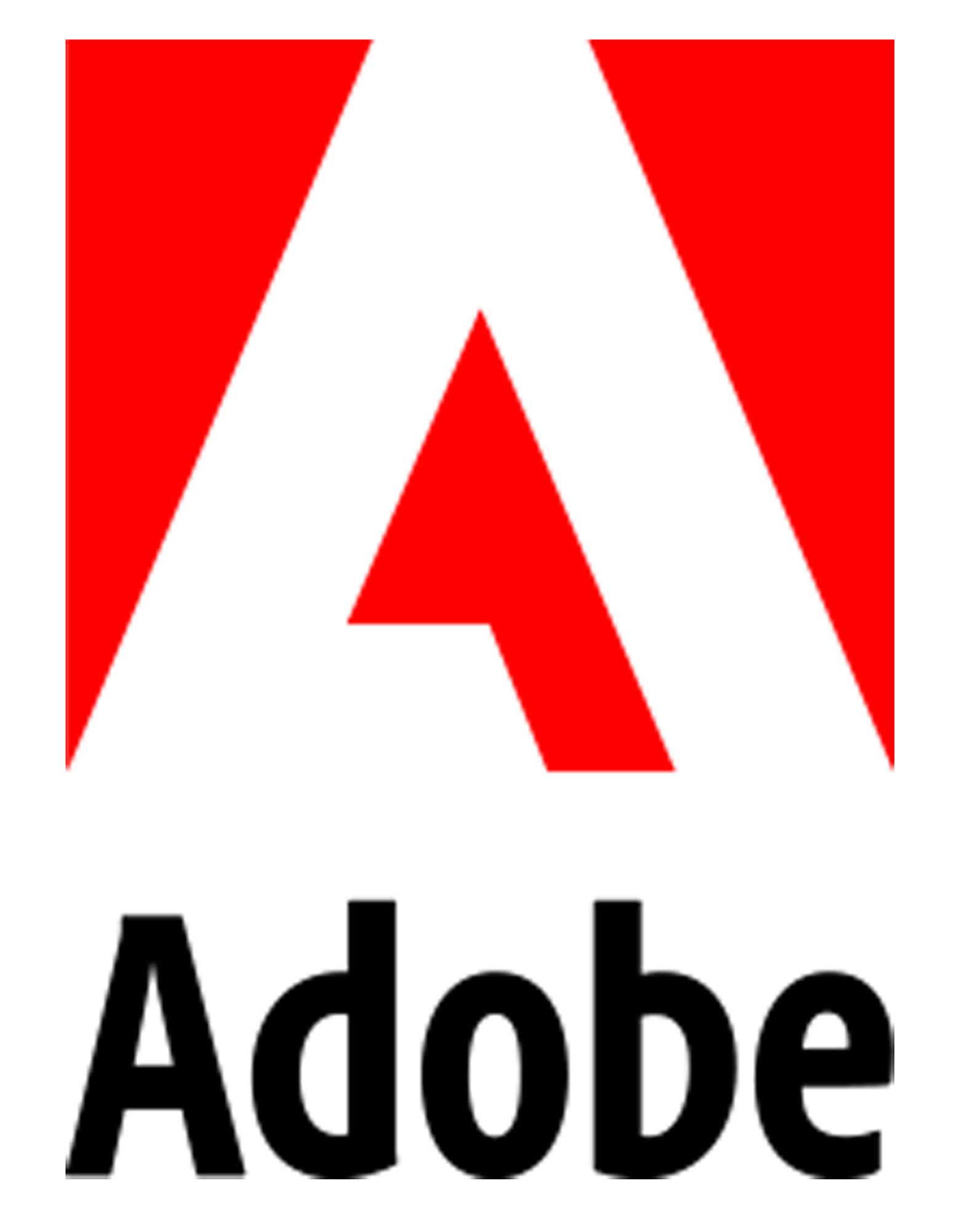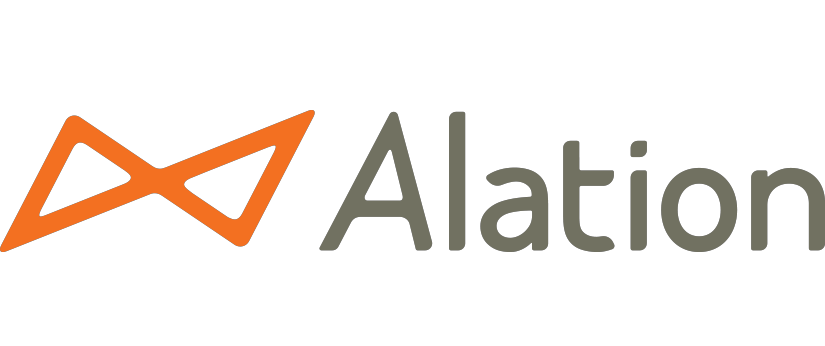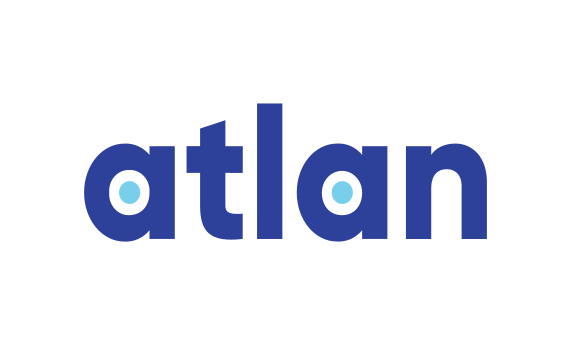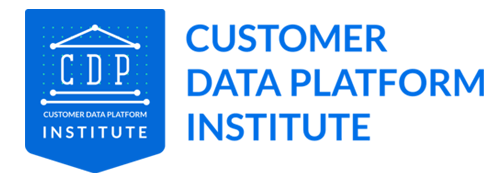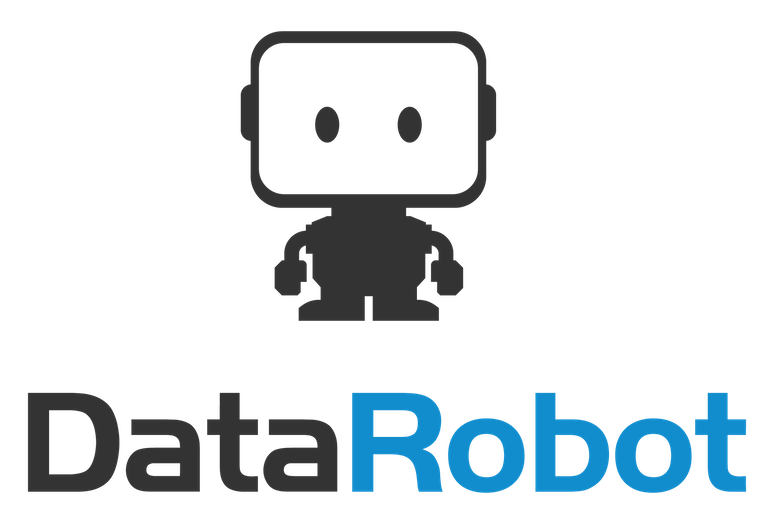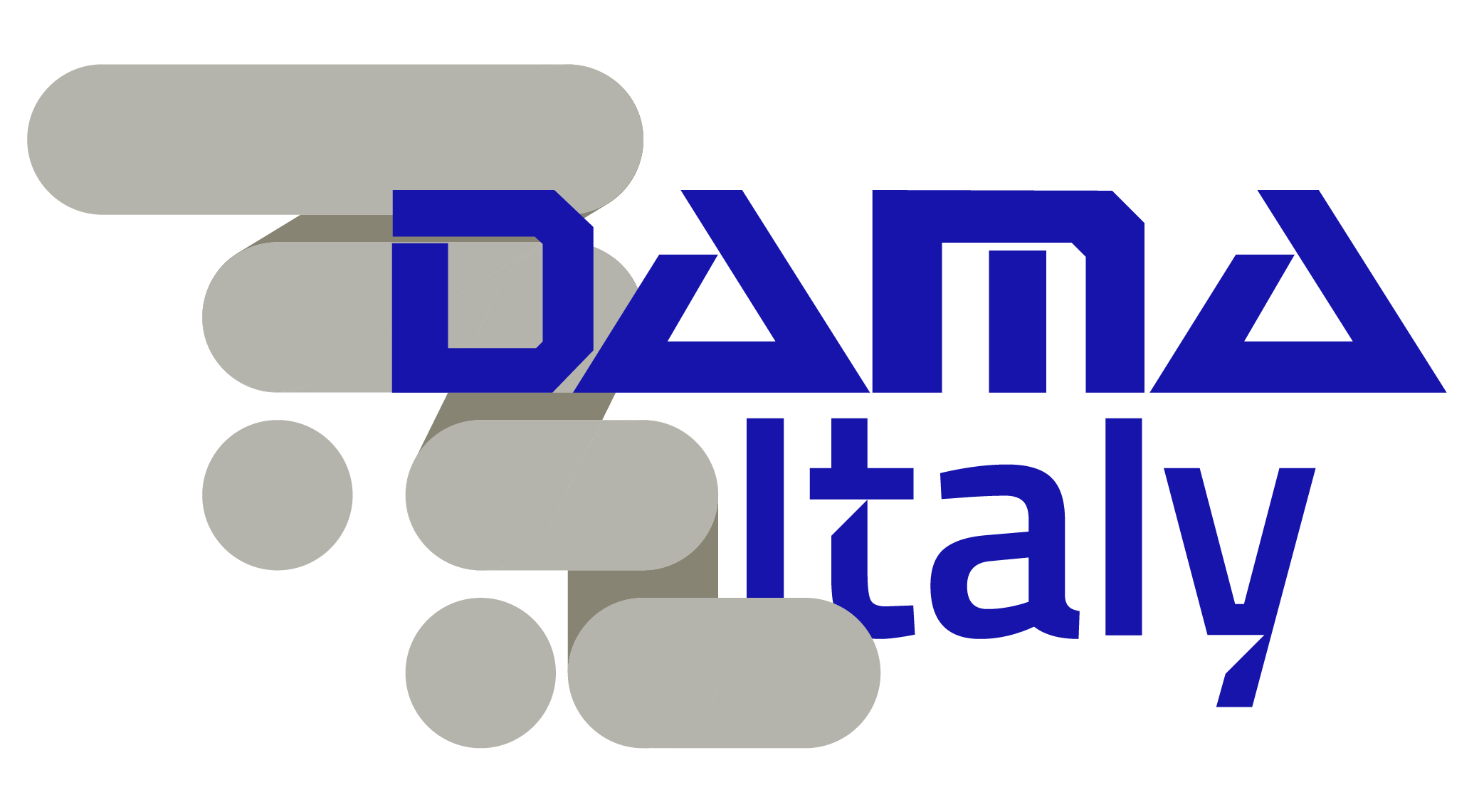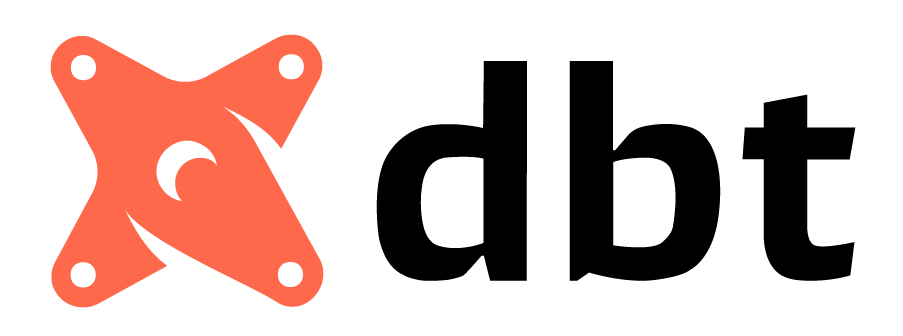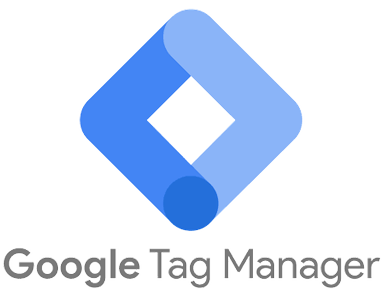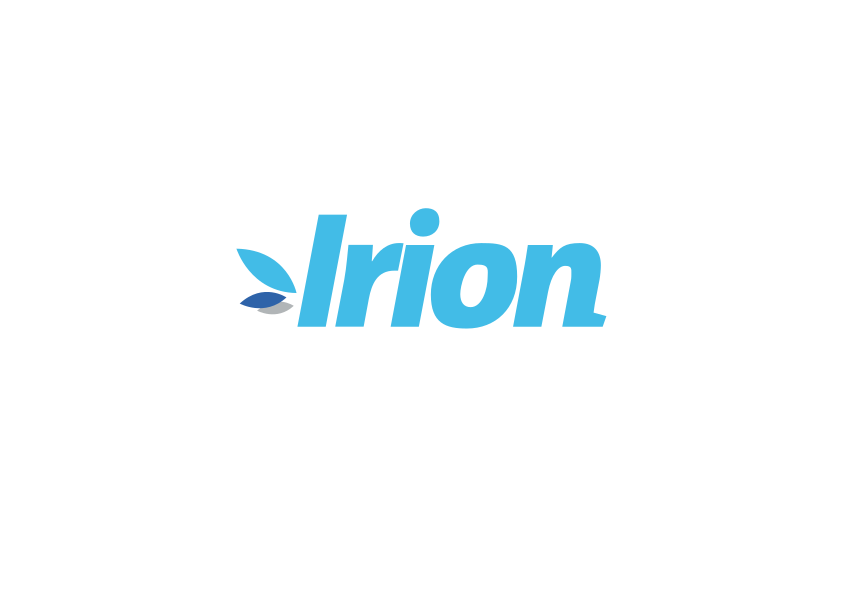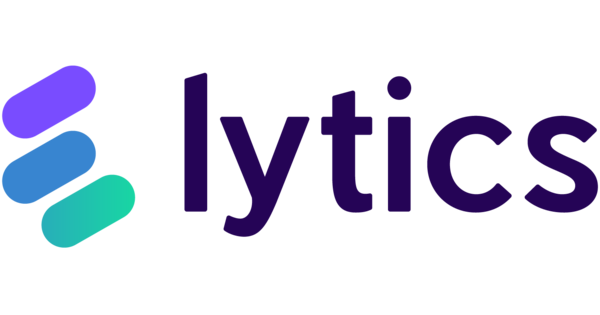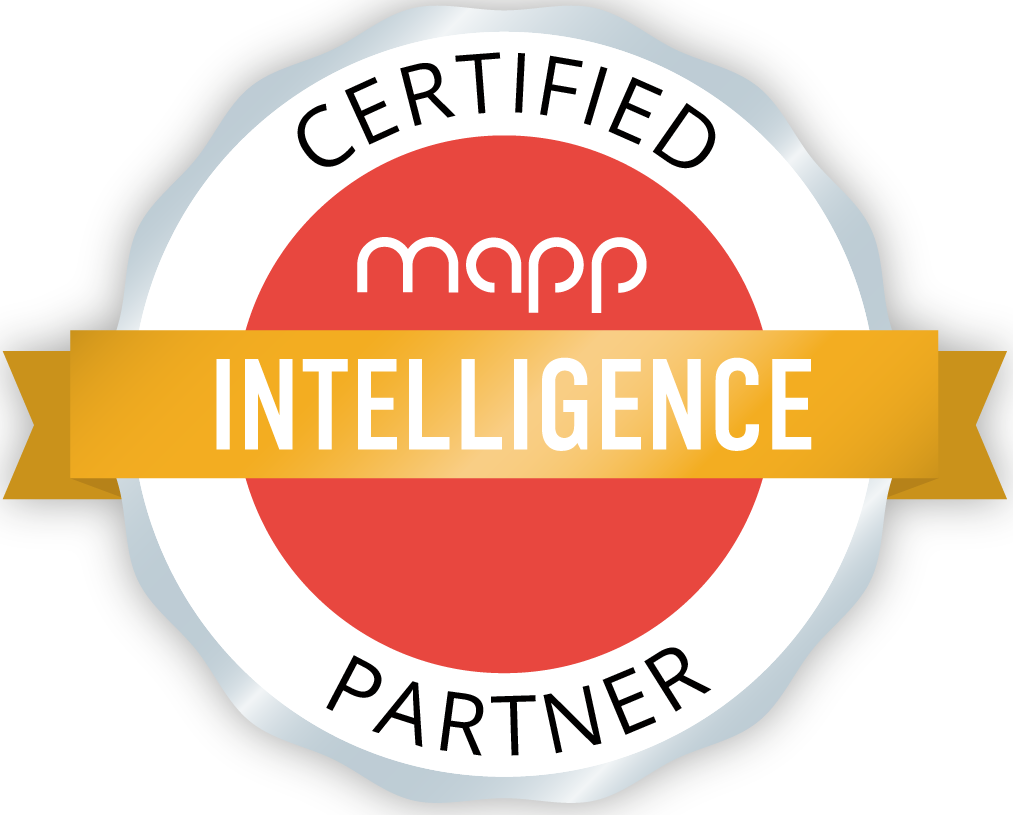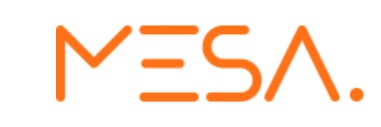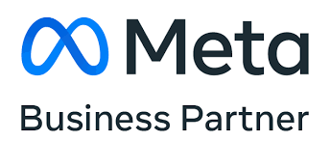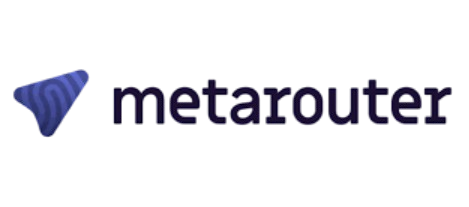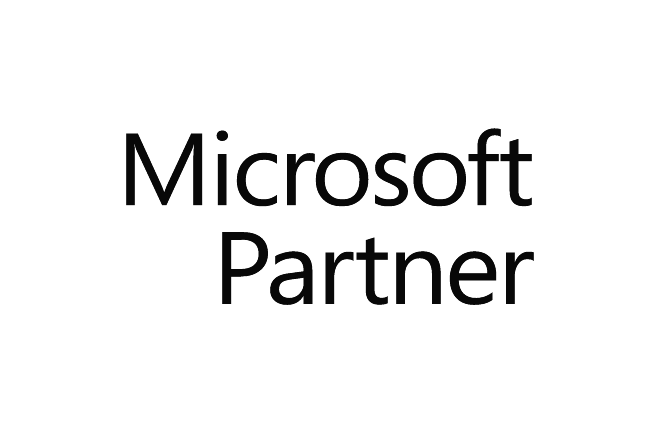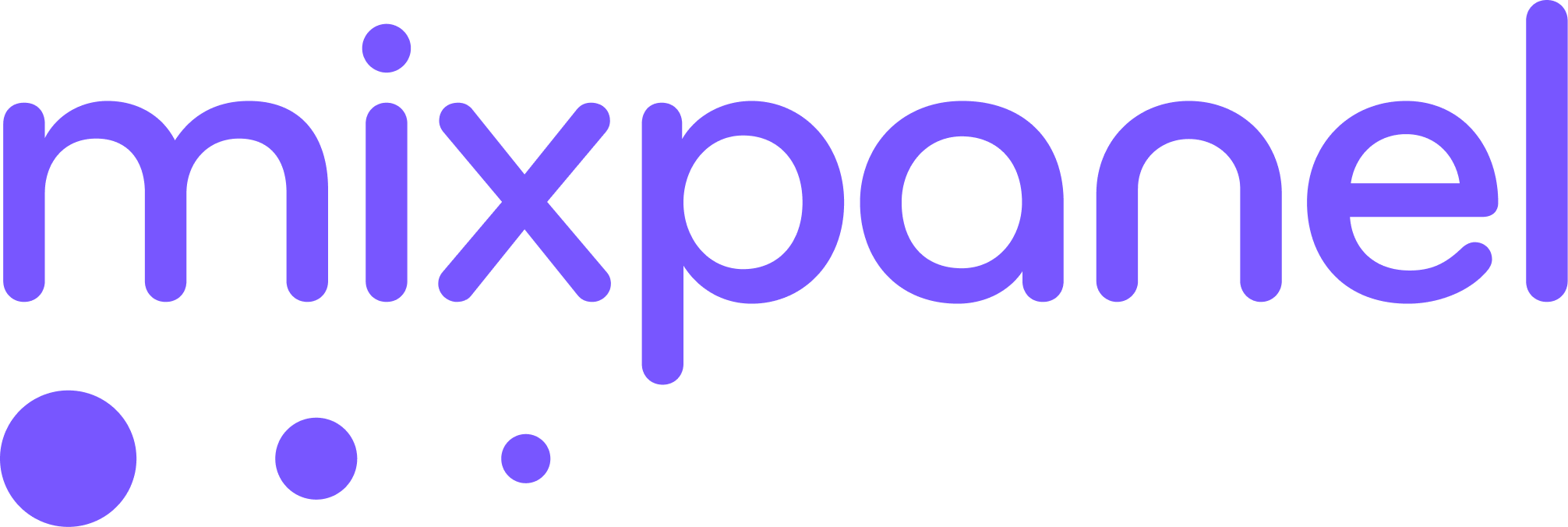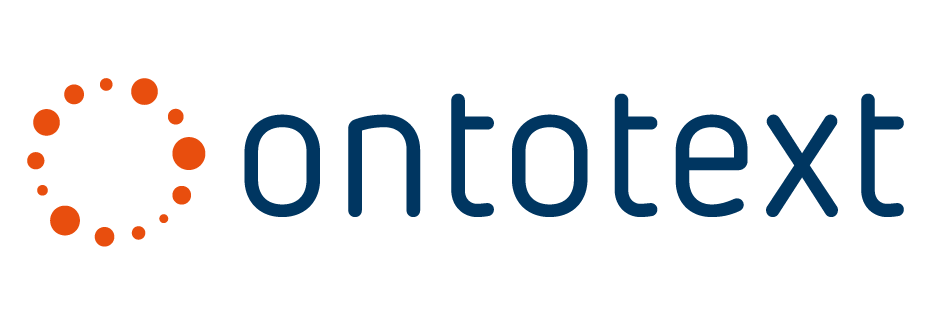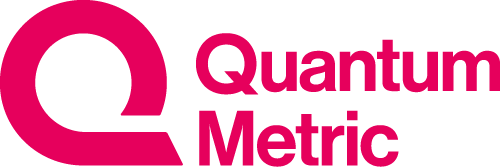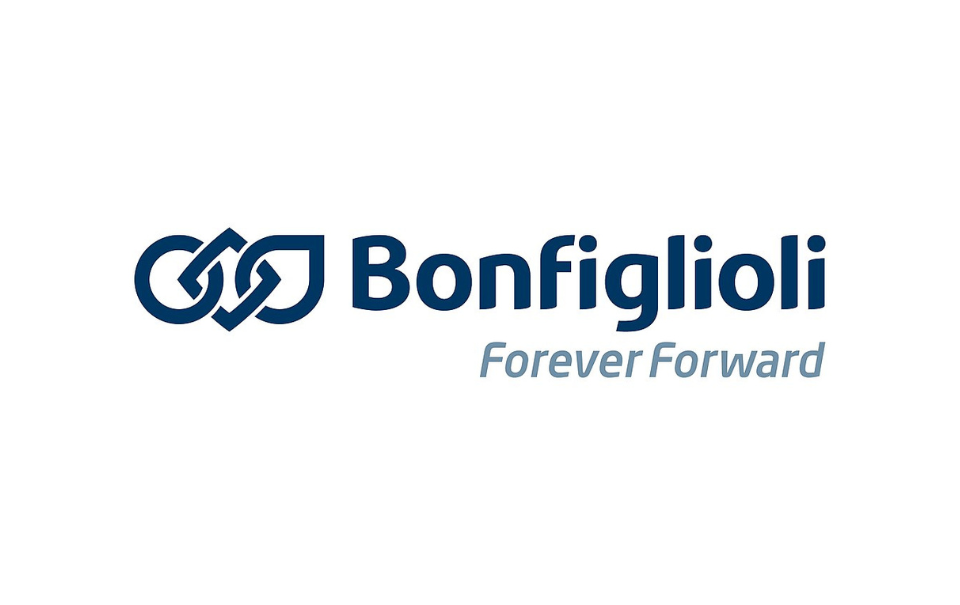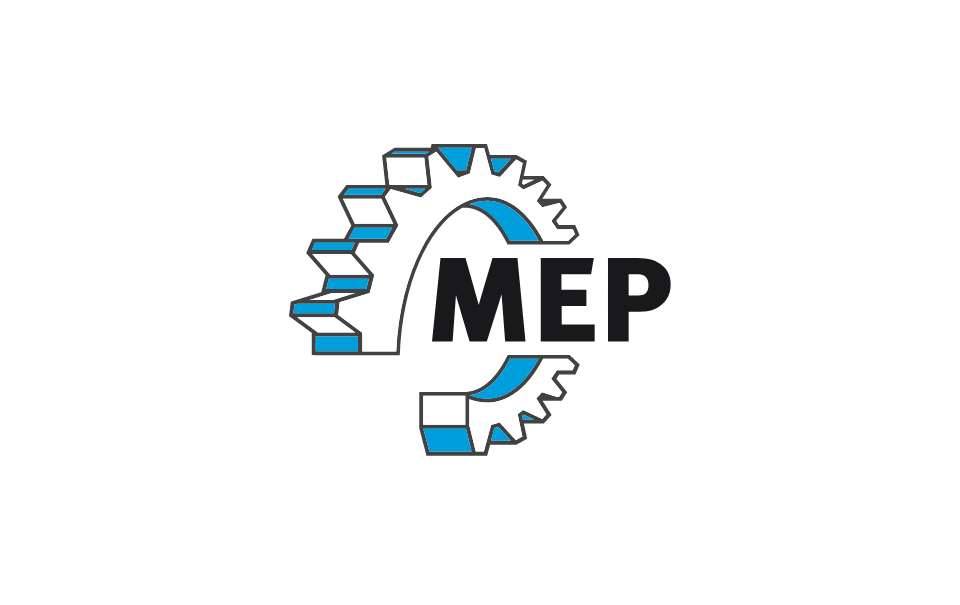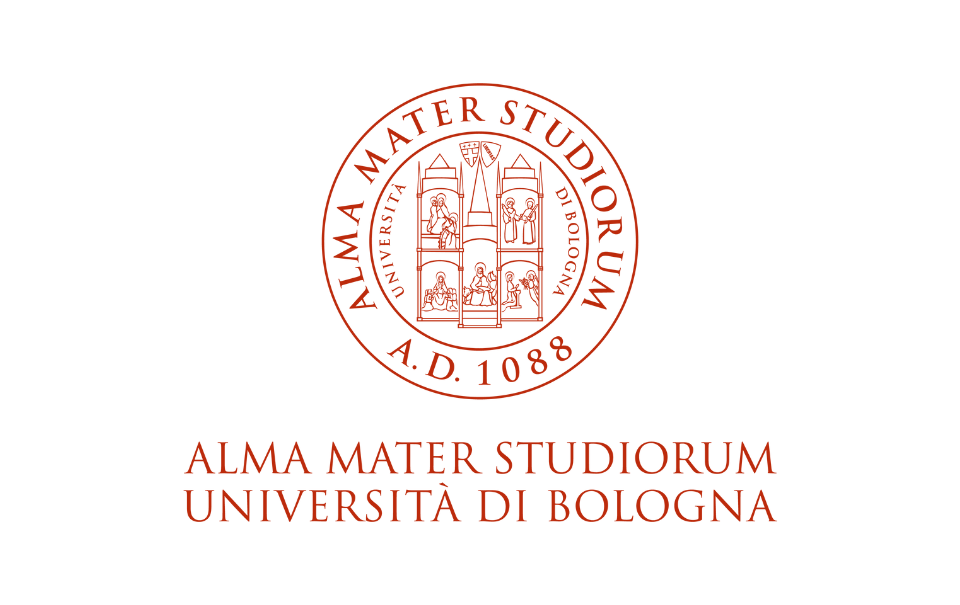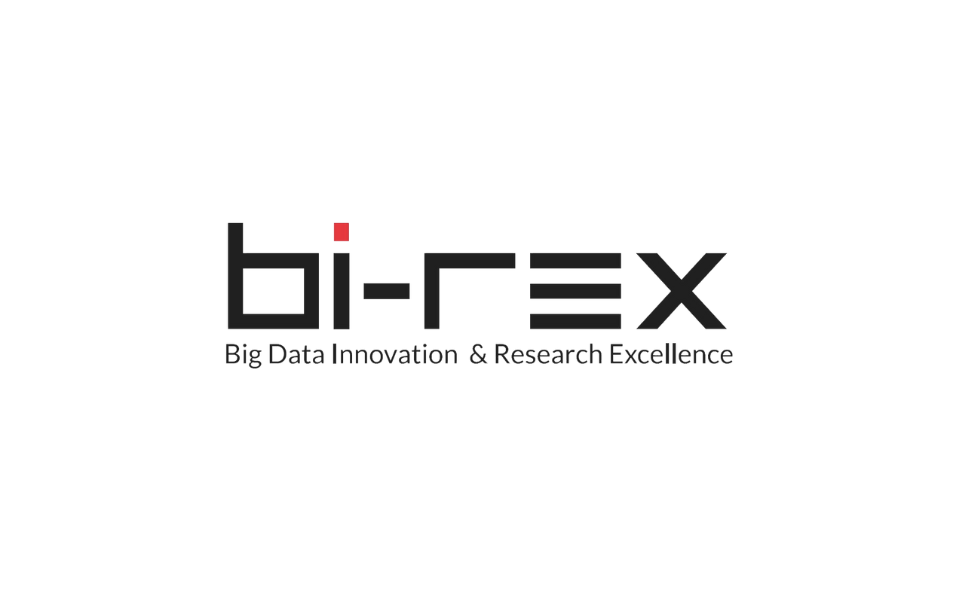BitBang, in collaboration with Bonfiglioli and MEP, and with scientific support from the University of Bologna, is developing systems based on Generative Artificial Intelligence to enhance and make corporate knowledge more accessible. This initiative is part of the experimental and research projects funded by BI-REX.
Knowledge is an invaluable asset for a company. However, it is often stored in formats and locations that are difficult to access, such as email exchanges, operator notes, or post-sales management systems. If this information were easily accessible, it could significantly improve various aspects of the company, from onboarding and customer support to machinery management.
The SmartCasm project aims to develop intelligent collaborative systems tailored to the specific needs of the manufacturing companies involved. This system uses artificial intelligence, Natural Language Understanding, and semantic technologies to make the company’s knowledge base easily accessible.
This project is funded by the European Union – Next Generation EU.
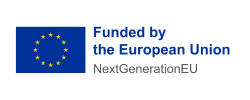
Technology
The technology behind SmartCasm leverages recent developments in Artificial Intelligence and GenAI models like ChatGPT. However, industrial applications require a significantly higher level of reliability in responses than that offered by generalist models. For this reason, the system is designed and calibrated to prioritize response accuracy. Moreover, the system operates strictly within the required domain. It understands the language, abbreviations, subtleties, relationships, and implications unique to the sector and the company. All this is achieved while maintaining the confidentiality of the company’s information assets.
A generalist Large Language Model, such as ChatGPT or one of the existing alternatives, within a RAG (Retrieval Augmented Generation) framework, is just the first step. The potential components of the RAG solution are tested and measured against expected performance, using a set of KPIs prepared specifically for this purpose.
A semantic Knowledge Base specialized for an individual company uses glossaries, Knowledge Graphs, and ontologies to allow the system to navigate relationships between elements and thus work with greater precision. The risk of hallucination, or simply of inaccurate responses, is minimized using semantic technologies and careful system modulation. This is done ad hoc base and is based on both the specific use cases that need to be enabled and the expectations of the users.
SmartCasm uses the most advanced technologies available, customizing them for production applications and the specific use cases of the companies involved. The architecture is designed in a modular way, allowing each element to be replaced to adapt to the technological choices of each company or to insert the most advanced technologies without questioning the entire system.
Use Cases
The main outcome of the project is a customized chatbot for each company. Users will be able to interact with the chatbot using Natural Language and receive responses that summarize information extracted from the company’s knowledge base, properly citing the sources. Explainability, or the ability to explain the decisions made by the system, is crucial for ensuring the reliability of an AI system. It is also mandated by recent European AI regulations.
This type of system has multiple applications:
- Efficient Onboarding: The onboarding of new personnel will be more efficient, as new hires will be able to directly access knowledge accumulated by the more senior colleagues, reducing the impact on productivity.
- Enhanced Post-Sales Support: Post-sales support will be able to quickly consult information from diverse sources, thereby improving the quality and speed of the service offered.
- Improved Production Management: Production managers will be able to obtain precise and valuable information from reports about issues and defects encountered. This will improve understanding of machine operations, risk awareness, and error or defect prediction.
In addition, during the project, the companies involved receive an evaluation of the quality of their data for AI use. This information will be valuable for future AI-based projects.


